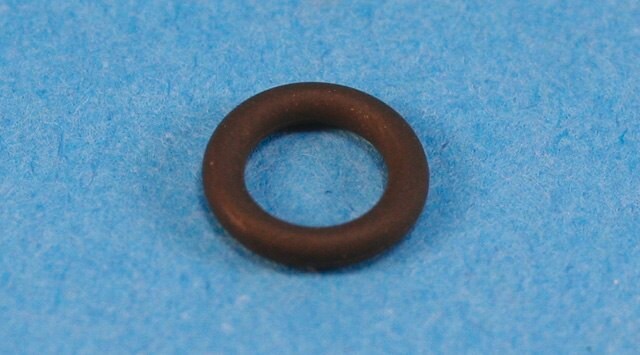MABS1320
Anti-Serpin B13 Antibody, clone B29
clone B29, from mouse
About This Item
Productos recomendados
biological source
mouse
Quality Level
antibody form
purified antibody
antibody product type
primary antibodies
clone
B29, monoclonal
species reactivity
human, mouse
packaging
antibody small pack of 25 μL
technique(s)
immunofluorescence: suitable
western blot: suitable
isotype
IgG2bκ
NCBI accession no.
UniProt accession no.
shipped in
ambient
target post-translational modification
unmodified
Gene Information
human ... SERPINB13(5275)
General description
Specificity
Immunogen
Application
Western Blotting Analysis: 3 ug/mL from a representative lot detected Serpin B13 in mouse serpin/HEK293 cell lysates (Courtesy of Dr. Jan Czyzyk, M.D., University of Rochester Medical Center, NY).
Western Blotting Analysis: A representative lot detected Serpin B13 in Western Blotting applications (Baldzizhar, R., et. al. (2012). J Biol Chem. 288(3):1612-9; Czyzyk, J., et. al. (2012). J Immunol. 188(12):6319-27).
Affects Function Analysis: A representative lot detected Serpin B13 in Affects Function applications (Baldzizhar, R., et. al. (2012). J Biol Chem. 288(3):1612-9).
Signaling
Quality
Isotyping Analysis: The identity of this monoclonal antibody is confirmed by isotyping test to be mouse IgG1 .
Target description
Physical form
Storage and Stability
Other Notes
Disclaimer
¿No encuentra el producto adecuado?
Pruebe nuestro Herramienta de selección de productos.
Certificados de análisis (COA)
Busque Certificados de análisis (COA) introduciendo el número de lote del producto. Los números de lote se encuentran en la etiqueta del producto después de las palabras «Lot» o «Batch»
¿Ya tiene este producto?
Encuentre la documentación para los productos que ha comprado recientemente en la Biblioteca de documentos.
Nuestro equipo de científicos tiene experiencia en todas las áreas de investigación: Ciencias de la vida, Ciencia de los materiales, Síntesis química, Cromatografía, Analítica y muchas otras.
Póngase en contacto con el Servicio técnico